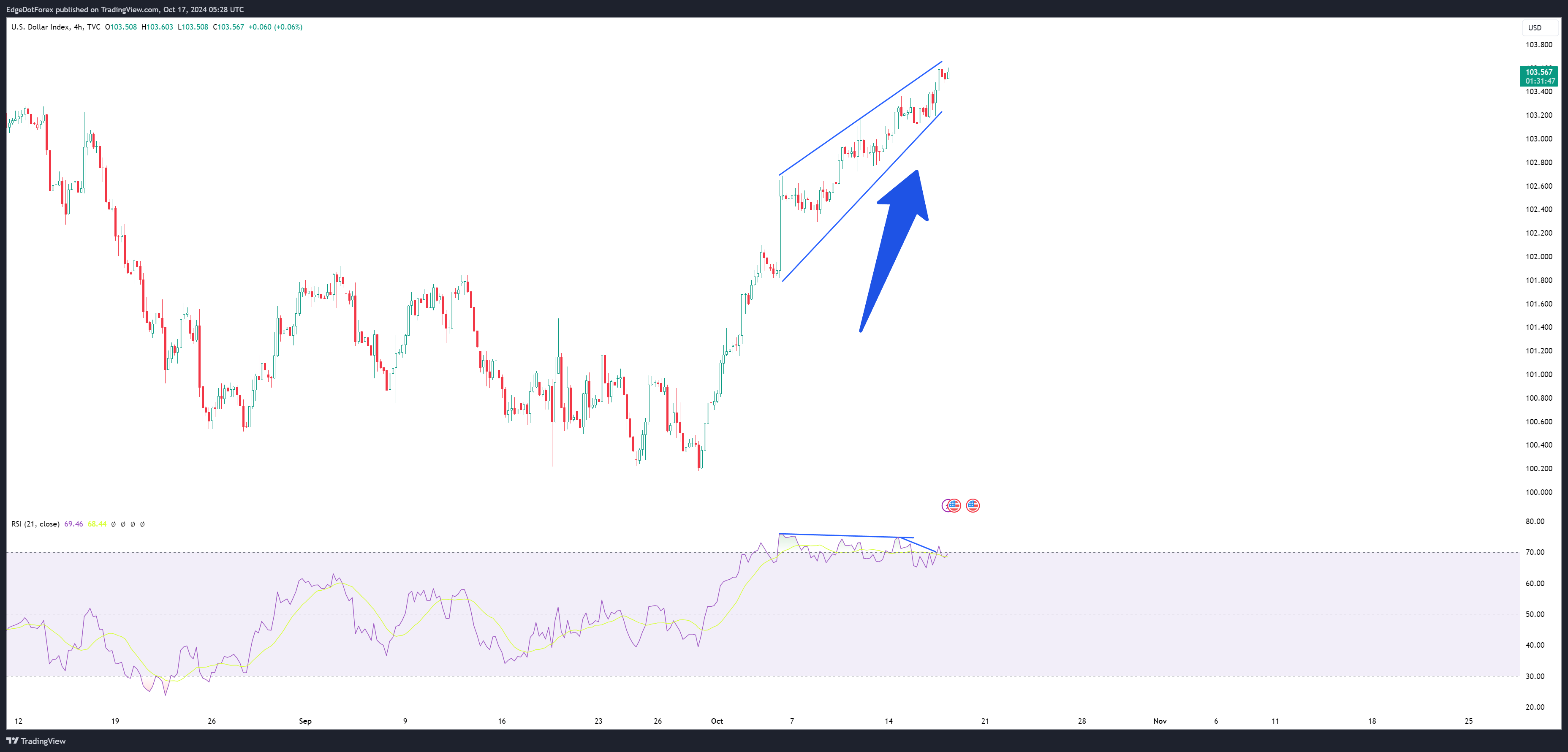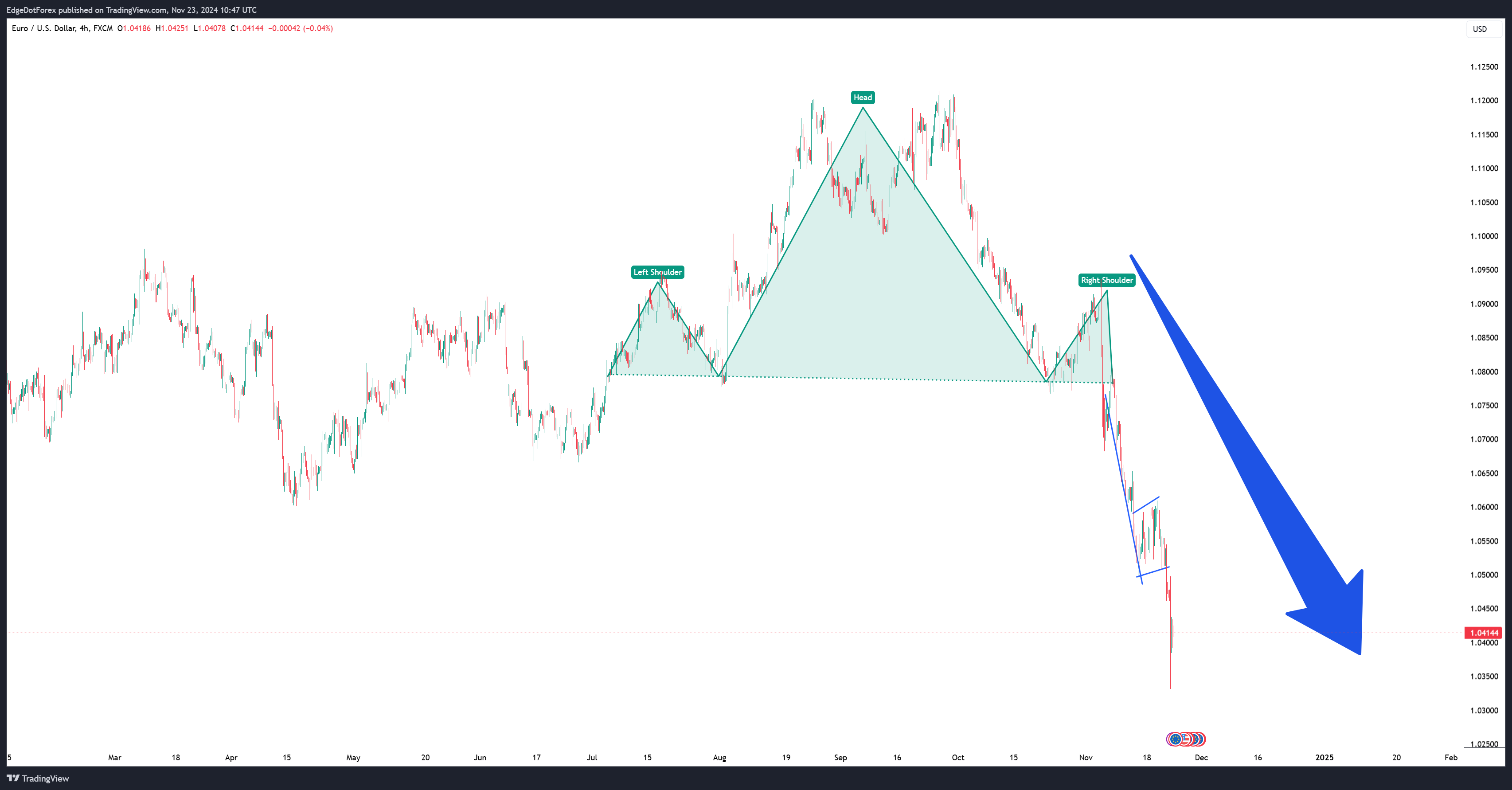As the global trading industry evolves, firms are
confronting new demands from employees. A recent report from Sustainable
Trading revealed that long working hours, limited flexibility, and concerns
over career progression are major concerns.
270 trading professionals gave feedback in the
survey, which highlighted why companies must adapt to retain top talent and
meet the modern workforce’s expectations.
Flexibility Remains a Key Concern
Long hours take a significant toll on employee wellbeing.
Although the report didn’t directly survey market hours, 35% of respondents who
provided optional comments highlighted the need to reduce them.
Furthermore, 37% of employees who discussed their
personal well-being pointed to the adverse effects of long hours on their
health, family life, and career longevity. Flexibility was a major theme throughout the report.
While 65% of respondents noted they had some flexibility to step away from
their desks, many trading professionals still struggle to take proper breaks.

Employees report challenges in balancing personal
responsibilities, such as taking care of their families or even finding time
for lunch away from their desks. These issues extend beyond personal well-being,
affecting employees’ participation in company initiatives.
“Understanding
emerging trends is key for the industry’s evolution,” Duncan Higgins, the CEO
of Sustainable Trading, told Mondovisione. “To stay competitive and
attract top talent, we must come together to explore these findings and
collectively develop initiatives that align with evolving workforce
expectations. It’s time to reassess traditional practices and implement changes
that support both employee wellbeing and industry growth.”
For example, 71% of employees believe that
volunteering opportunities are essential, yet only 40% have been able to
engage, mainly due to the demands of their jobs. Trading professionals feel constrained by a work culture that values constant availability over
flexibility.

Not all feedback was negative, however. Employees who
have access to hybrid or flexible work arrangements expressed high
satisfaction. These structures appear to be more common in investment
management firms and exchanges, while banks and broker-dealers are less likely
to offer such flexibility.
Workplace Culture
Management style also significantly influences
employee satisfaction. The report shows that firms with open communication
practices, where management actively listens to employee feedback, have higher
employee morale.
A staggering 78% of respondents said they feel their
feedback is heard and valued by their employers, and open communication with
management was frequently mentioned as a factor for positive workplace
experiences.
However, poor management can worsen the strain of long
hours and lack of flexibility, contributing to a negative work environment.
Employees expressed that leadership’s willingness to adapt to modern workforce
needs—like reduced market hours and more flexible structures—will be crucial to
attracting and retaining talent in the future.
As the global trading industry evolves, firms are
confronting new demands from employees. A recent report from Sustainable
Trading revealed that long working hours, limited flexibility, and concerns
over career progression are major concerns.
270 trading professionals gave feedback in the
survey, which highlighted why companies must adapt to retain top talent and
meet the modern workforce’s expectations.
Flexibility Remains a Key Concern
Long hours take a significant toll on employee wellbeing.
Although the report didn’t directly survey market hours, 35% of respondents who
provided optional comments highlighted the need to reduce them.
Furthermore, 37% of employees who discussed their
personal well-being pointed to the adverse effects of long hours on their
health, family life, and career longevity. Flexibility was a major theme throughout the report.
While 65% of respondents noted they had some flexibility to step away from
their desks, many trading professionals still struggle to take proper breaks.

Employees report challenges in balancing personal
responsibilities, such as taking care of their families or even finding time
for lunch away from their desks. These issues extend beyond personal well-being,
affecting employees’ participation in company initiatives.
“Understanding
emerging trends is key for the industry’s evolution,” Duncan Higgins, the CEO
of Sustainable Trading, told Mondovisione. “To stay competitive and
attract top talent, we must come together to explore these findings and
collectively develop initiatives that align with evolving workforce
expectations. It’s time to reassess traditional practices and implement changes
that support both employee wellbeing and industry growth.”
For example, 71% of employees believe that
volunteering opportunities are essential, yet only 40% have been able to
engage, mainly due to the demands of their jobs. Trading professionals feel constrained by a work culture that values constant availability over
flexibility.

Not all feedback was negative, however. Employees who
have access to hybrid or flexible work arrangements expressed high
satisfaction. These structures appear to be more common in investment
management firms and exchanges, while banks and broker-dealers are less likely
to offer such flexibility.
Workplace Culture
Management style also significantly influences
employee satisfaction. The report shows that firms with open communication
practices, where management actively listens to employee feedback, have higher
employee morale.
A staggering 78% of respondents said they feel their
feedback is heard and valued by their employers, and open communication with
management was frequently mentioned as a factor for positive workplace
experiences.
However, poor management can worsen the strain of long
hours and lack of flexibility, contributing to a negative work environment.
Employees expressed that leadership’s willingness to adapt to modern workforce
needs—like reduced market hours and more flexible structures—will be crucial to
attracting and retaining talent in the future.
This post is originally published on FINANCEMAGNATES.





